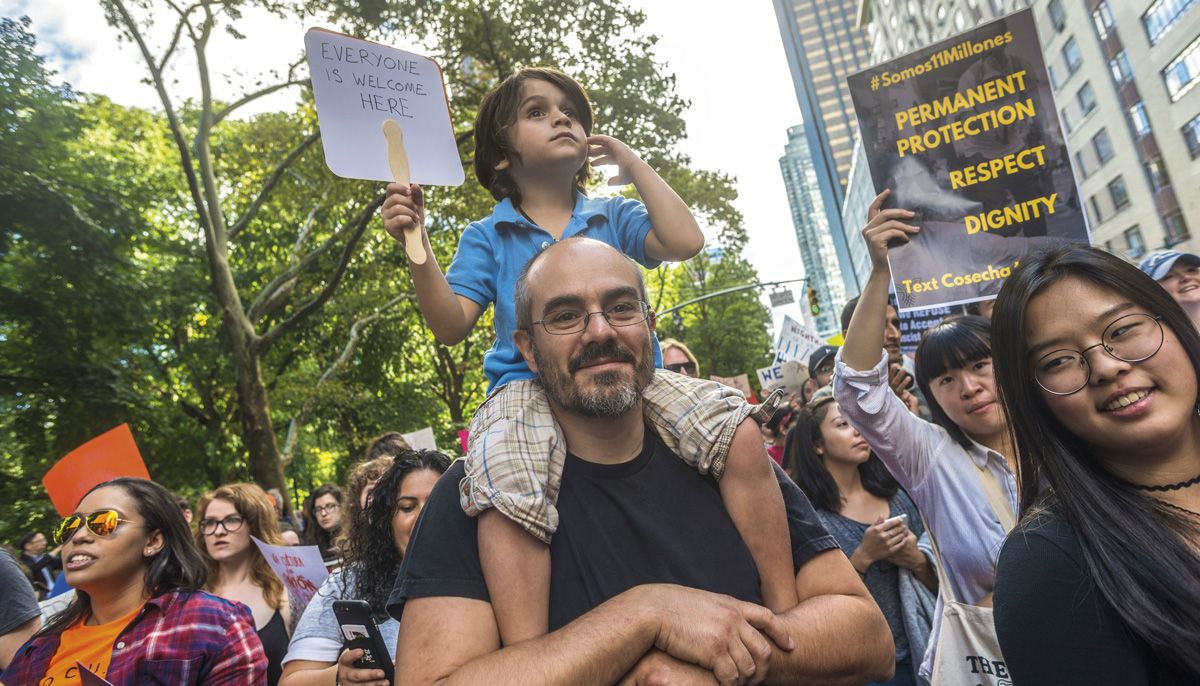More than anything, I believe the world is in need of a spiritual perspective.
Currently we are experiencing suffering in multiple forms. There is a health crisis, an economic crisis, and there is a moral crisis. The pandemic has not only sickened millions, it has highlighted the ongoing systemic injustice of our world. The outpouring of protests after the murder of George Floyd show that after the centuries of racism, violence, and ignorance, they are still painfully widespread today. With all this, our political divisiveness has grown stronger.
How, as spiritual practitioners, do we respond? How do we practice in a complex political world and embody a way toward peace?
The Buddha taught that peace is possible, both individually and collectively, but that it depends on skillful causes and conditions.
The Buddhist teachings of generosity, virtue, loving-kindness, and wisdom offer our world great medicine, so needed in our times. The Buddha’s words on wise society encourage creating communities of mutual respect, care for the vulnerable, and compassion for all. And with this admonition, he offers practices to awaken these qualities, individually and collectively.
This dharma medicine is nonpartisan — it welcomes everyone and encourages all to awaken together. Inner and outer are not separate. Our relationships with others, expressed in right speech, right action, and right livelihood, in compassion and universal loving-kindness, are essential parts of the Buddha’s path of awakening. Tending to our society is part of our practice. Thus we can understand Gandhi’s words: “Those who say spirituality has nothing to do with politics, they do not know what spirituality really means.”
The Buddha taught that peace is possible, both individually and collectively, but that it depends on skillful causes and conditions. Inner peace grows from mindfulness, compassion, and respect. Outwardly, it requires the same conditions. For the Buddha, greed must be replaced by generosity, hatred must be replaced by love, and ignorance must be replaced by wisdom.
When we envision a society of compassion and justice, when our actions stem from respect for all beings, peace is the result. With a dedicated intention we must face the sufferings of the world and not shy away. With the dharma, we become willing to stand up for what we know is true. This is a powerful act of the heart—to stay true to our values, and live by them.
At Spirit Rock Meditation Center, Sylvia Boorstein has taught a class called “Informed Citizenship as Spiritual Practice,” which encourages people to ask themselves: what can I do as a wisdom holder, as a bodhisattva, and as a member of this society, to best contribute to the world in these times? We all need to ask ourselves this question now.
The Buddha’s teachings of compassion and wisdom are empowering. They encourage us to act. Do not doubt that your good actions and the wisdom you offer will bear fruit. Do not doubt that change for the better can be born from your life.

